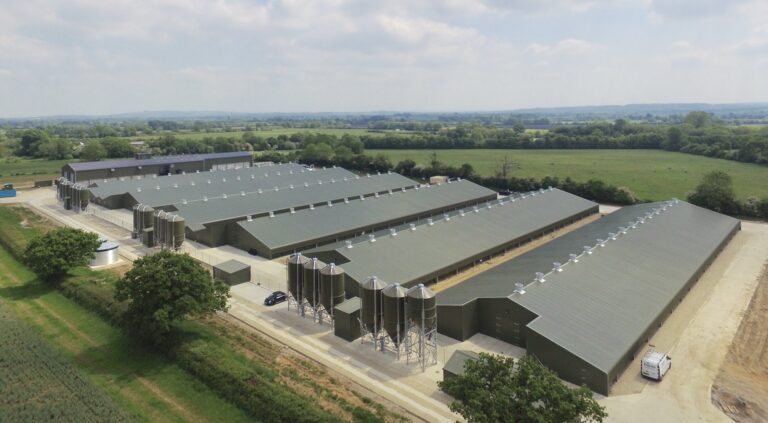Poultry farms’ income predicted to fall 45% in the latest government farm income report, but other sectors are even worse off
Incomes are expected to fall on all farm types in 2018/19 except cereal farms, according to a new report published by Defra.
The Farm Business Income forecasts for 2018/19 are derived from information available in early February 2019 for prices, livestock populations, crop areas, yields and input costs and are intended as a broad indication of how incomes for each farm type are expected to move compared with 2017/18.
Average income on specialist poultry farms is expected to have fallen by 45% in 2018/19 to £53,000. Poultry meat prices have remained at a similar level to 2017/18 although production has increased. Egg production shows a similar trend and these factors combined have led to a predicted increase in output from poultry and eggs of around 3%. Inputs costs are predicted to go up by around 8%, driven by increased feed costs.
Increased crop prices led to higher feed costs for livestock farms and many also had to purchase more feed due to the cold late spring and summer drought. Incomes are expected to fall on all farm types in 2018/19 except cereal farms where a rise in cereal prices is predicted to be the main driver increasing average income by around 13% to £73,000. A fall in income on livestock farms is predicted to be driven by increased input costs, primarily for feed. Specialist pig farms are expected to have the largest decrease in income with a forecast average income of around £1,000.
Responding to the publication of the figures, NFU chief economics adviser Dr Andrew Francis said it highlights just how exposed agriculture is to market volatility and emphasises the continued need for measures to manage this.
“The NFU has set out its ambition for farms to be productive, profitable and progressive and for farmers to have access to a variety of tools to combat volatility in the marketplace. We are making that case to Government as the Agriculture Bill goes through Parliament and today’s figures reinforce the risks a volatile market poses for certain sectors.
“This year is set to be incredibly challenging for farmers and the continued uncertainty is already impacting farm businesses. The NFU has maintained that it is vital a deal is agreed with the EU to ensure there is an orderly Brexit and we have been clear about what we believe are the crucial elements of a healthy and productive post-Brexit future for British farming.
“We know that the public values and demands the high standards of animal welfare, environmental protection and food safety that British farmers deliver. If the Government allows sub-standard food imports to undercut British farmers, that could have very serious implications for the supply of the safe, traceable and affordable food British farming provides for the nation.”


